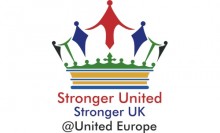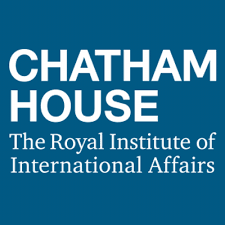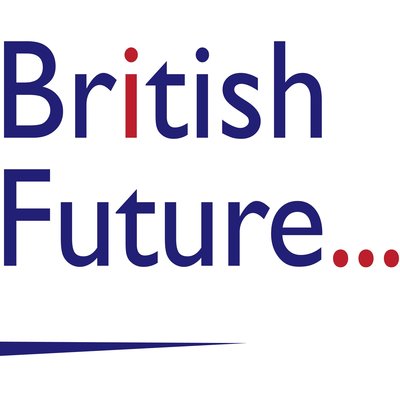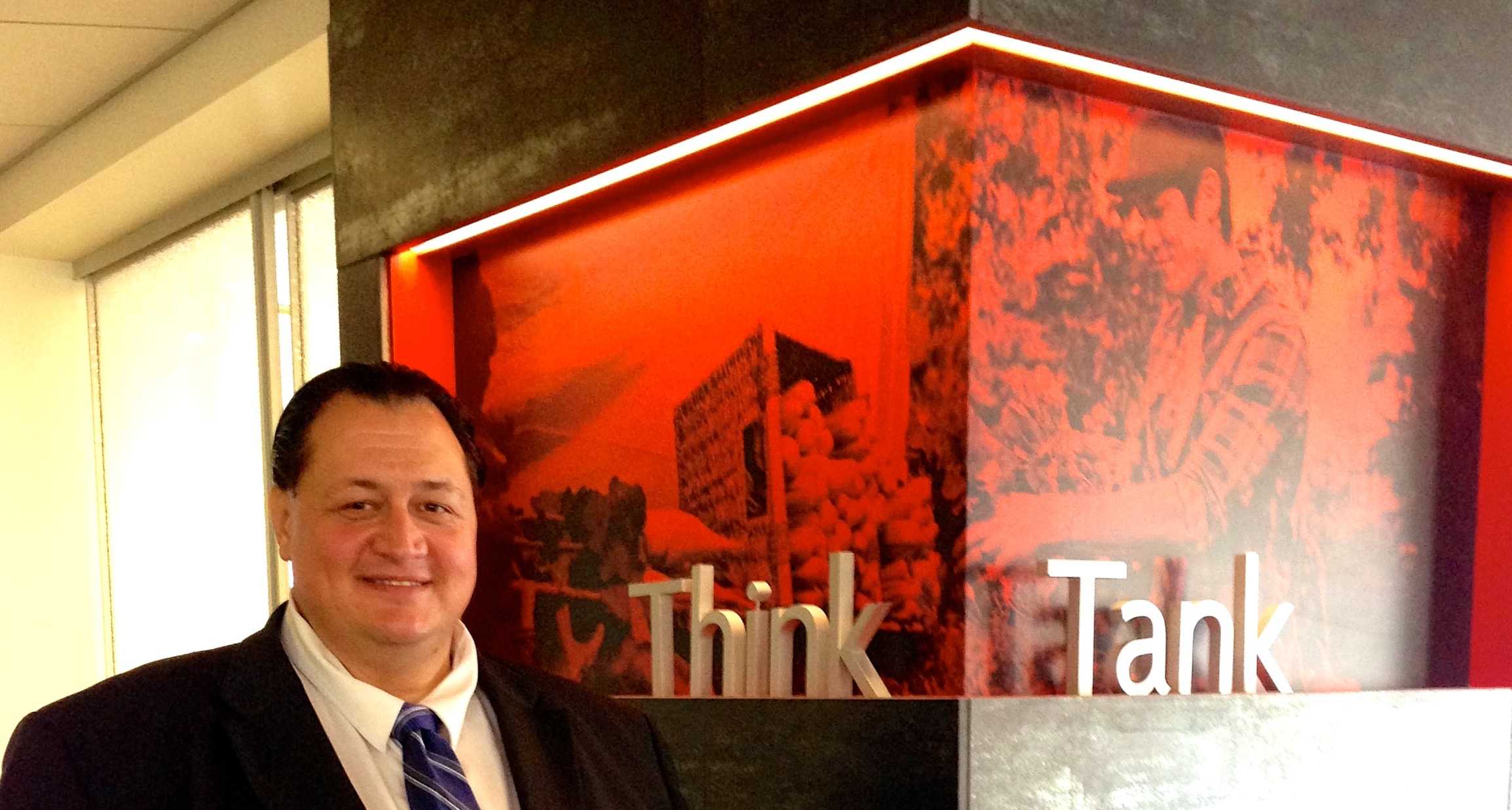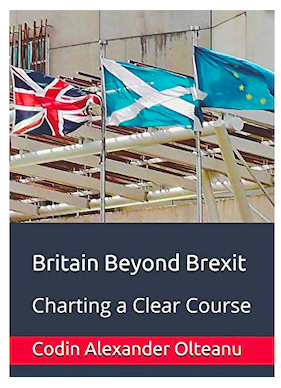Centre for European Reform is a think-tank that is ‘pro-European but not uncritical’. They recognise that the EU is largely beneficial for members but that there are several areas where it doesn’t yet work well. They believe that the EU can be more beneficial in terms of global challenges like climate change and international security. The CER aims to promote an open, outward-looking and effective European Union.Through its meetings, seminars and conferences, the CER brings together people from the worlds of politics and business, as well as other opinion-formers.
"Stronger United" has emerged as a project of a unique think tank - CRÆDO : The Coalition for the Re-Formation of the Euro-American Democratic Order. CRÆDO is the first international activist organisation that is re-thinking what it means to be an active citizen in our globalising world of the Twenty-First Century, and is developing new tools and institutions of governance at local, regional, national, supra-national, and global levels. Its Founder and President, Alex Olteanu, is also SU's President and Chief Coordinator for the UK and Europe.
Chatham House Director Robin Niblett: " Remaining in the EU would allow the [UK] government to focus on its economic agenda - including the still difficult objective of reducing the deficit and raising productivity - and on regaining a position of influence on issues of importance to its security, from the fight against Islamic State of Iraq and Syria (ISIS) to working with its EU neighbours on controlling immigration. In the end, the EU referendum campaign will revolve not around the prime minister's recent negotiations, but rather on whether the British people feel they will be safer, economically and personally, inside the EU or outside."
British Future: "Both referendum campaigns will need to persuade women voters if they want to win. That’s partly due to the simple demographic fact that there are one million more women than men in Britain, mainly because of the gender gap in life expectancy; but it is also reflects the fact that women are considerably more likely to be undecided about Europe. Research shows that on the issue of Britain’s EU membership, women are more open to changing their minds than men and also less certain whether or not to take part."
Royal United Services Institute for Defence and Security Studies - RUSI Journal, Nov. 2015: "As David Cameron moves towards a renegotiation of the UK’s terms of membership of the EU and an in/out referendum, he will confront a series of strategic challenges. Oliver Daddow argues that the prime minister will first have to develop a convincing pro-membership narrative against the backdrop of an EU in crisis and a widespread antimembership movement in the UK, given voice by a generally EU-hostile media."
There are many other think tanks in the UK, Europe, and North America, that focus one one or some of the specific challenges that CRÆDO attempts to address in both theory and practice, and that SU wants to bring to the attention of the British and European publics as we near the BREXIT vote, in 2016 or 2017 at the latest. SU's aim is to work with them all to develop new and practical solutions to the challenges of governance we face today, and the encourage the widest possible citizen-focused debates and discussions on such proposals and their consequences for how we govern ourselves here, in the United Kingdom, as well as in the European Union and beyond. Working together in a collaborative and mutually supportive fashion is the only way to overcome the public disillusionment with the "politics as usual" of the past quarter-century and to re-invigorate our civic ethos and our belief that our actions and votes can and will make a difference.
